Swimming in an ice hole: Just for fun or a new spiritual experience?
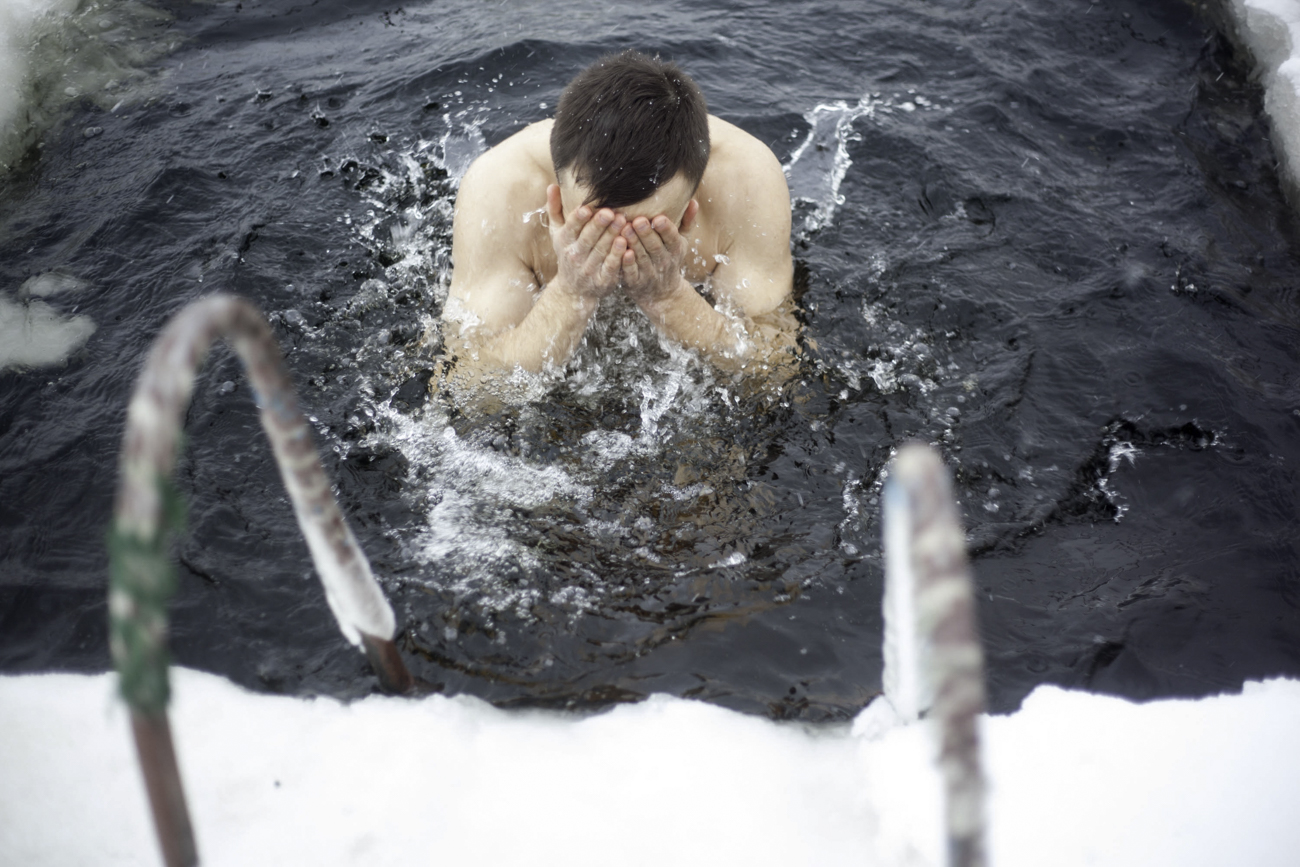
There are also those for whom visiting the ice hole every weekend is a sort of psychotherapy and a way to restore their emotional equilibrium.
Ekaterina TalovskayaEach year at Epiphany (Jan. 19) when Russians take to freezing waters in an ancient ceremony of spiritual cleansing, social networks are full of images of people taking a dip in ice holes. Some are doing so for the first time, seeing it as extreme amusement or an occasion to take a selfie. For others, part of a community of winter swimming lovers who regularly plunge into icy waters, this is not just about fun. For these so-called 'walruses' it is a way of life that represents a physical and spiritual challenge.
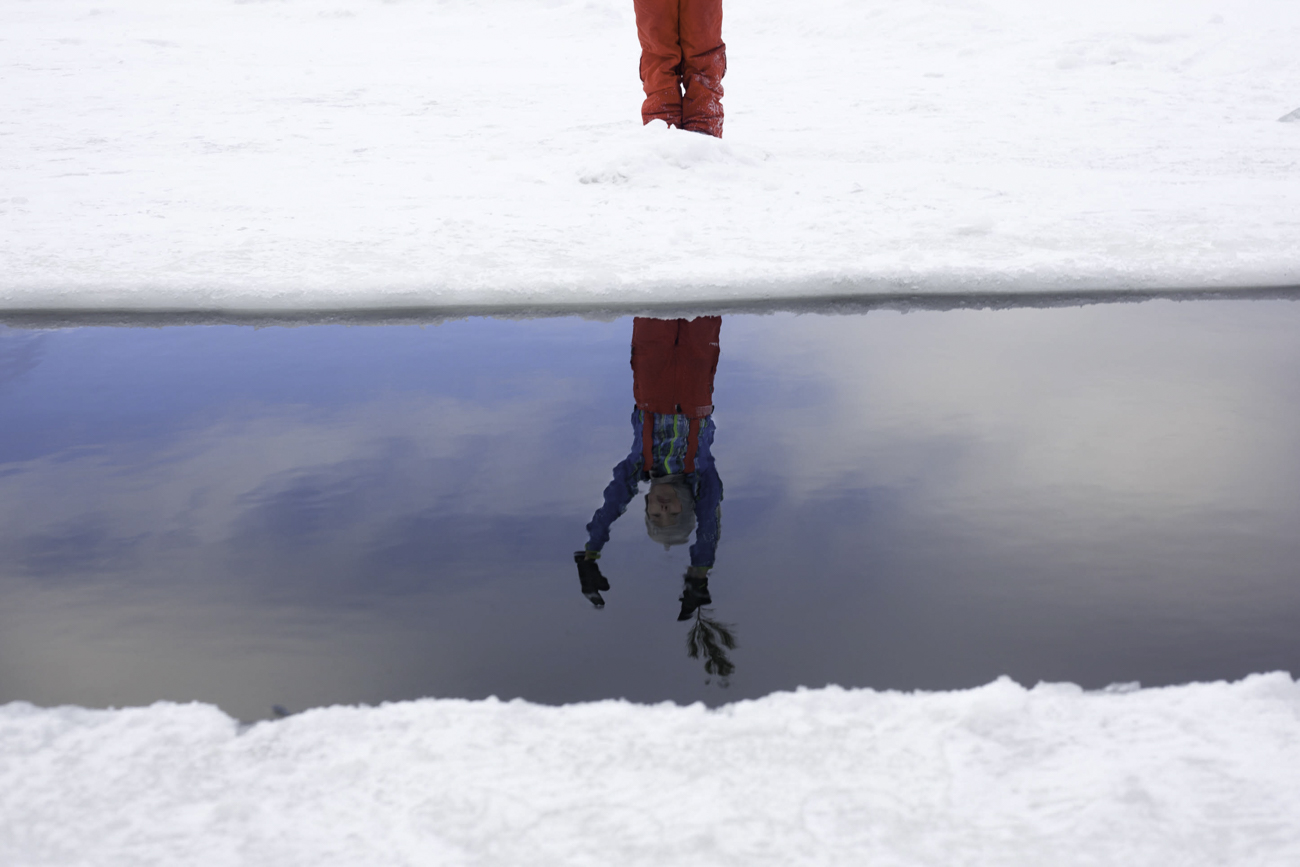
"Step into the hole and the icy cold compresses your whole body. You experience a shortness of breath. Then in a couple of seconds everything inside you begins to shiver." This is how Moscow's "walruses" describe the immersion process on their club site.
Ekaterina Talovskaya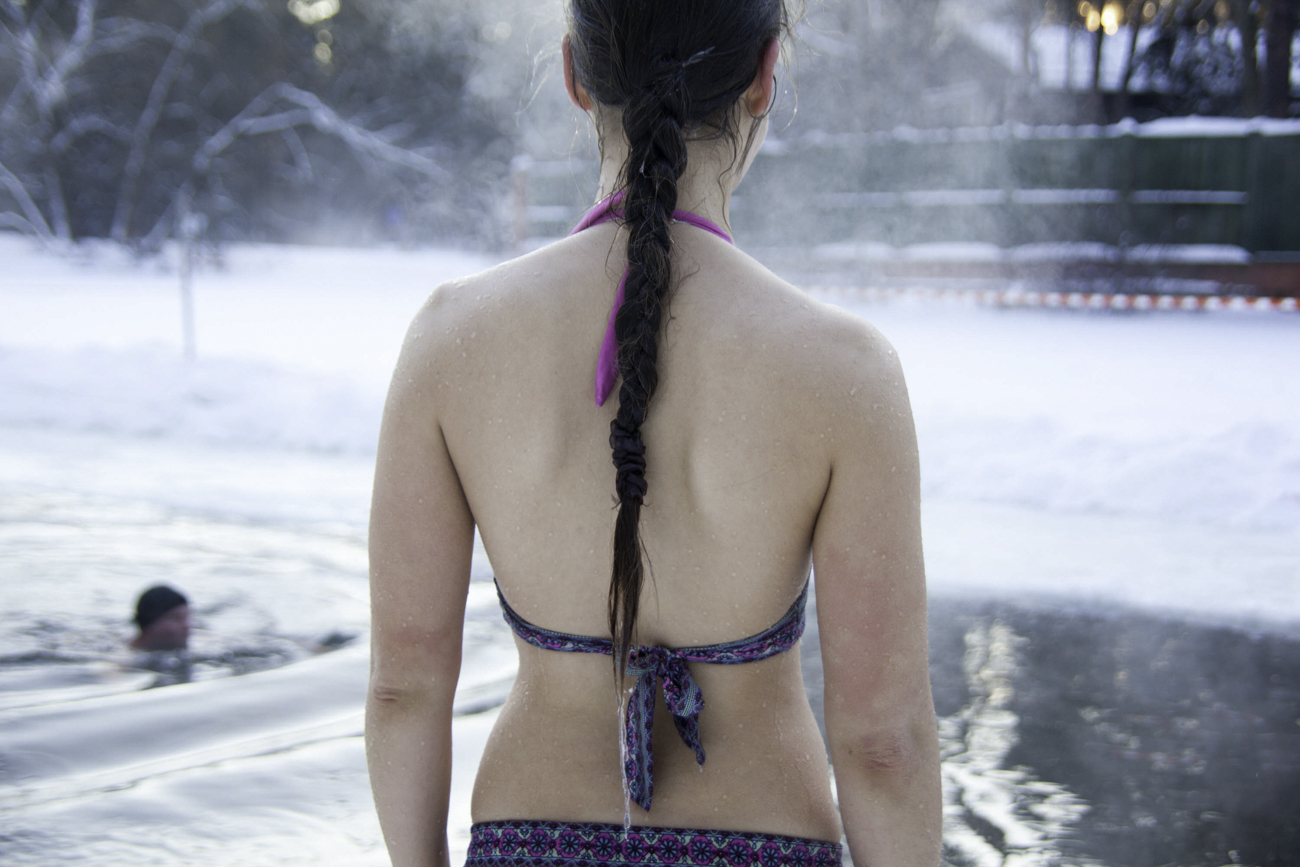
The icy water has unique health benefits, but for fans of extreme immersion it holds a deeper significance.
Ekaterina Talovskaya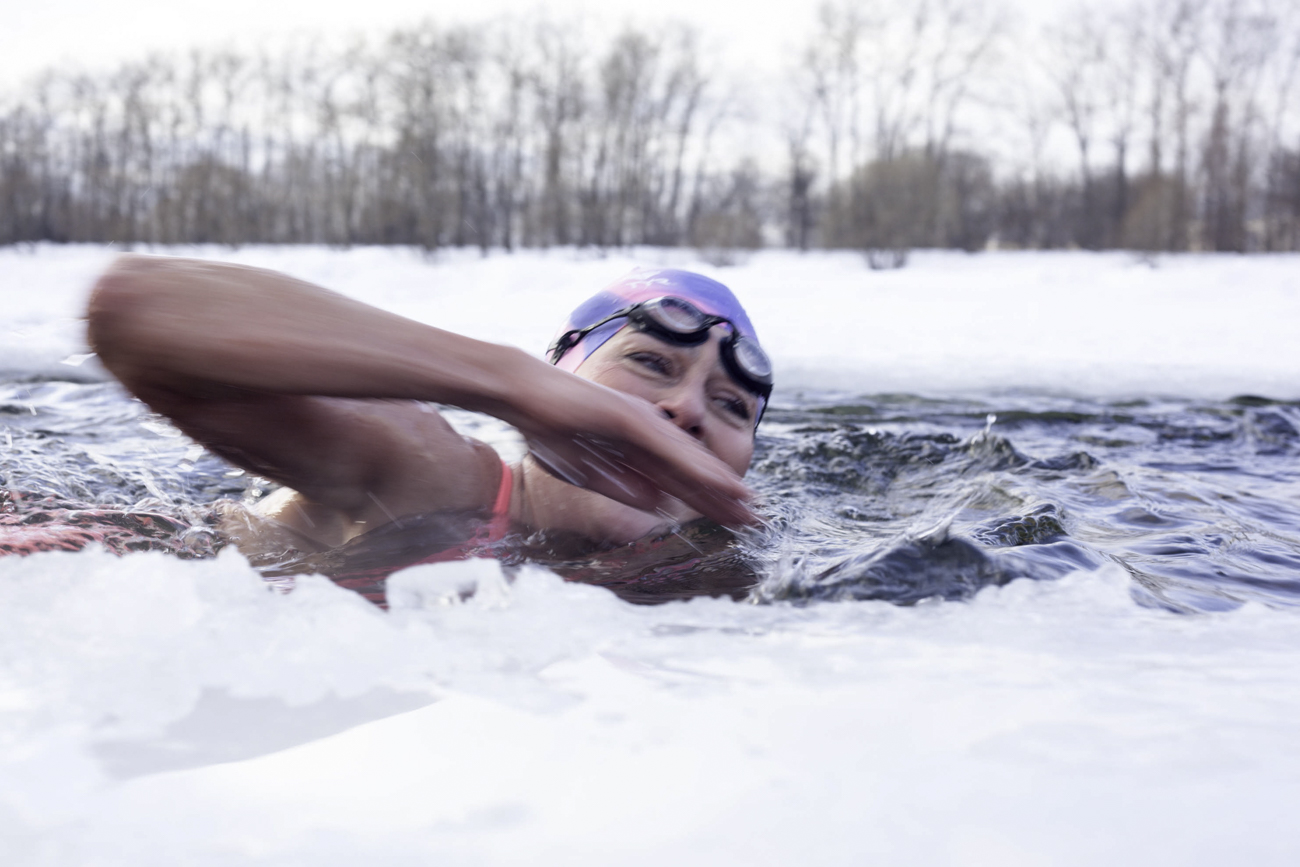
People of various ages and physical attributes immerse themselves in the water. They include marathon runners, for whom winter swimming is a way to go beyond normal physical limitations.
Ekaterina Talovskaya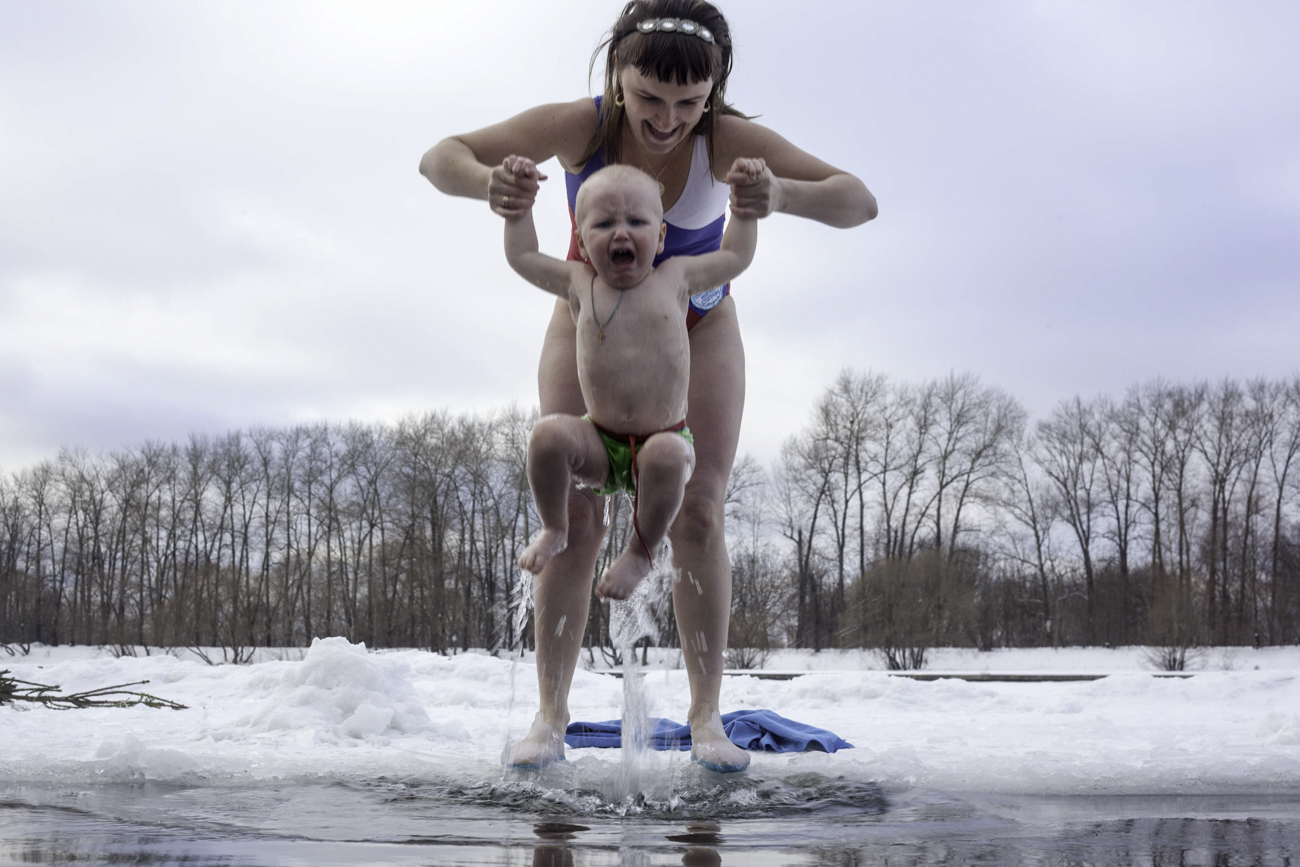
The youngest member of the Moscow Walruses Club is only two years old. His parents have been getting him used to the icy waters since he was one.
Ekaterina Talovskaya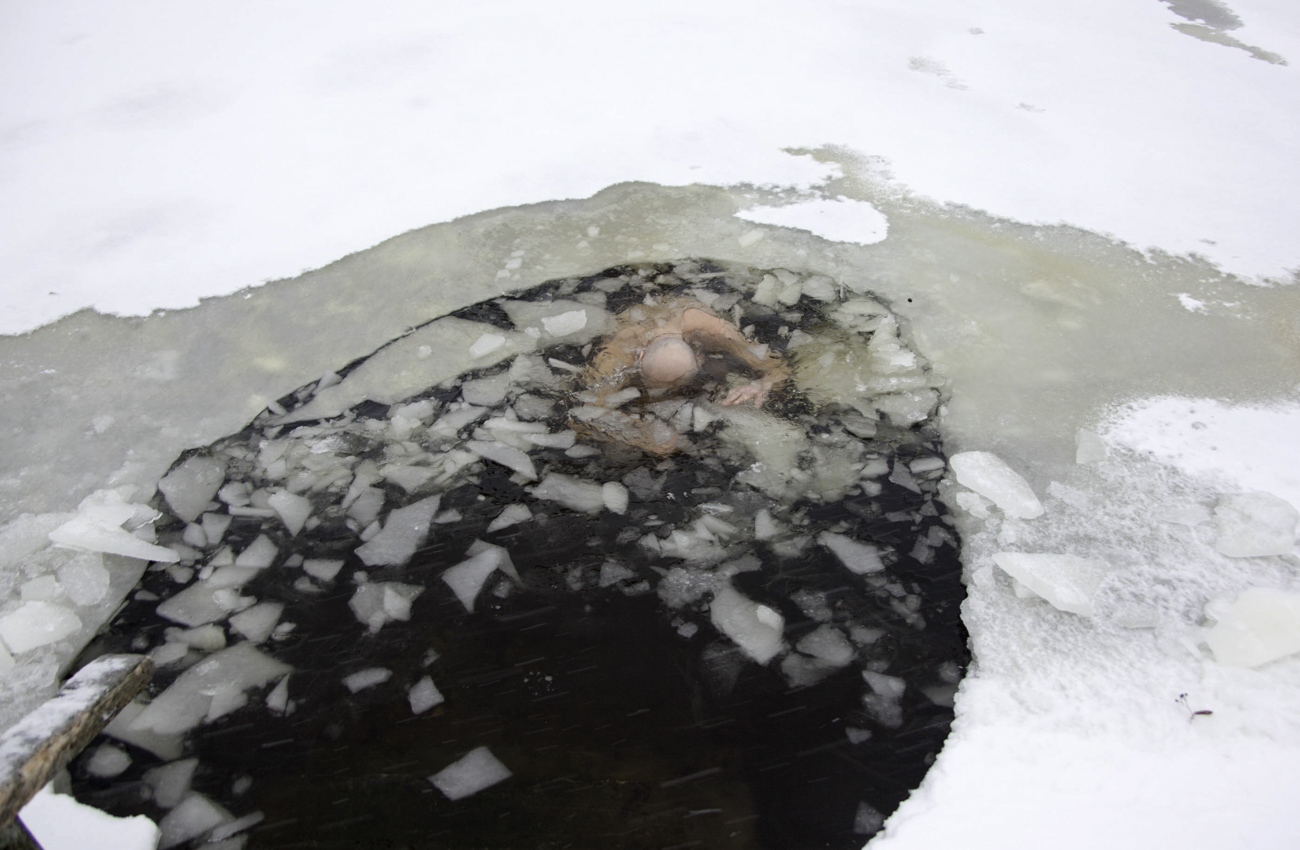
Many "walruses" look for and find a new spiritual experience by immersing themselves into the icy water.
Ekaterina Talovskaya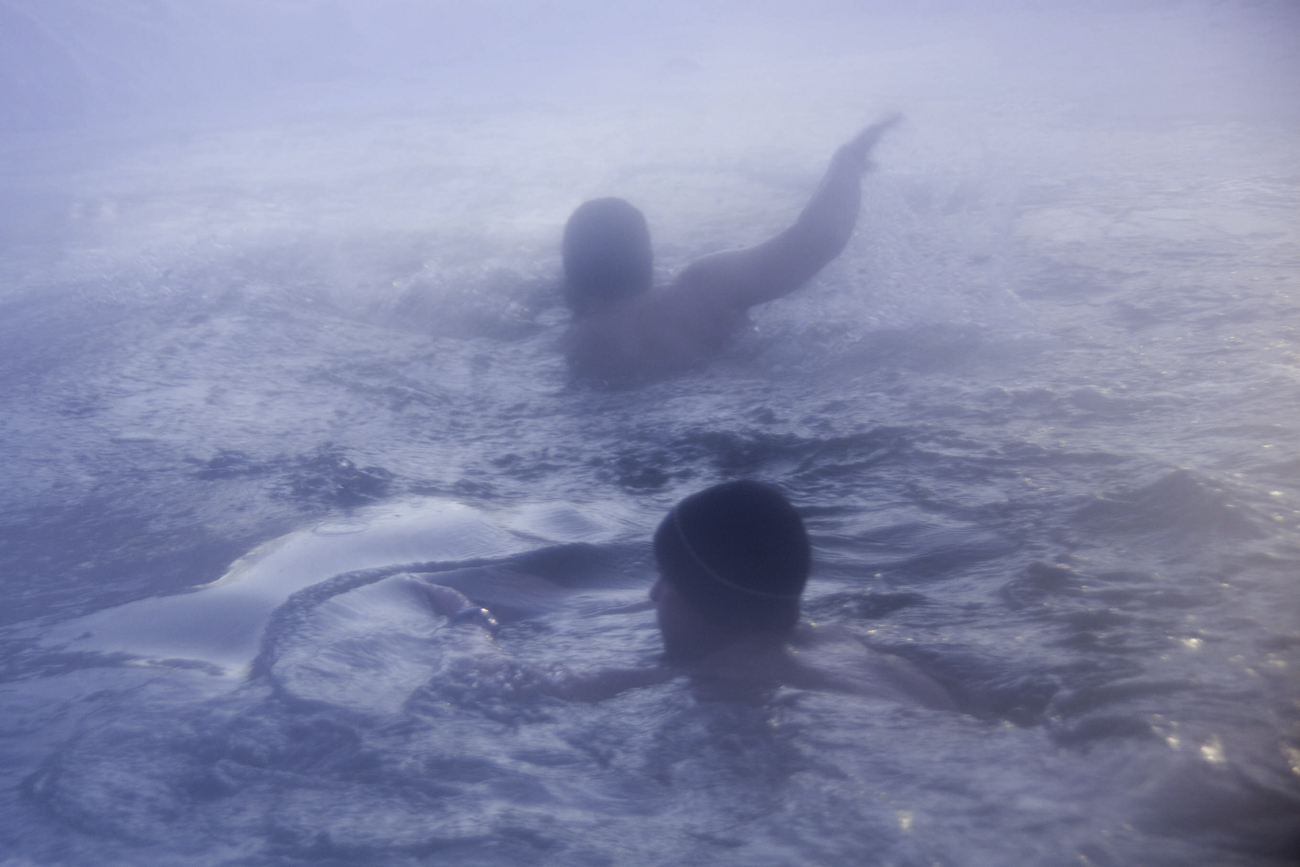
There is a series of rules for acclimatizing oneself to winter swimming. The most important are limbering-up and warming exercises, as well as having a certain state of mind and equilibrium before immersion.
Ekaterina Talovskaya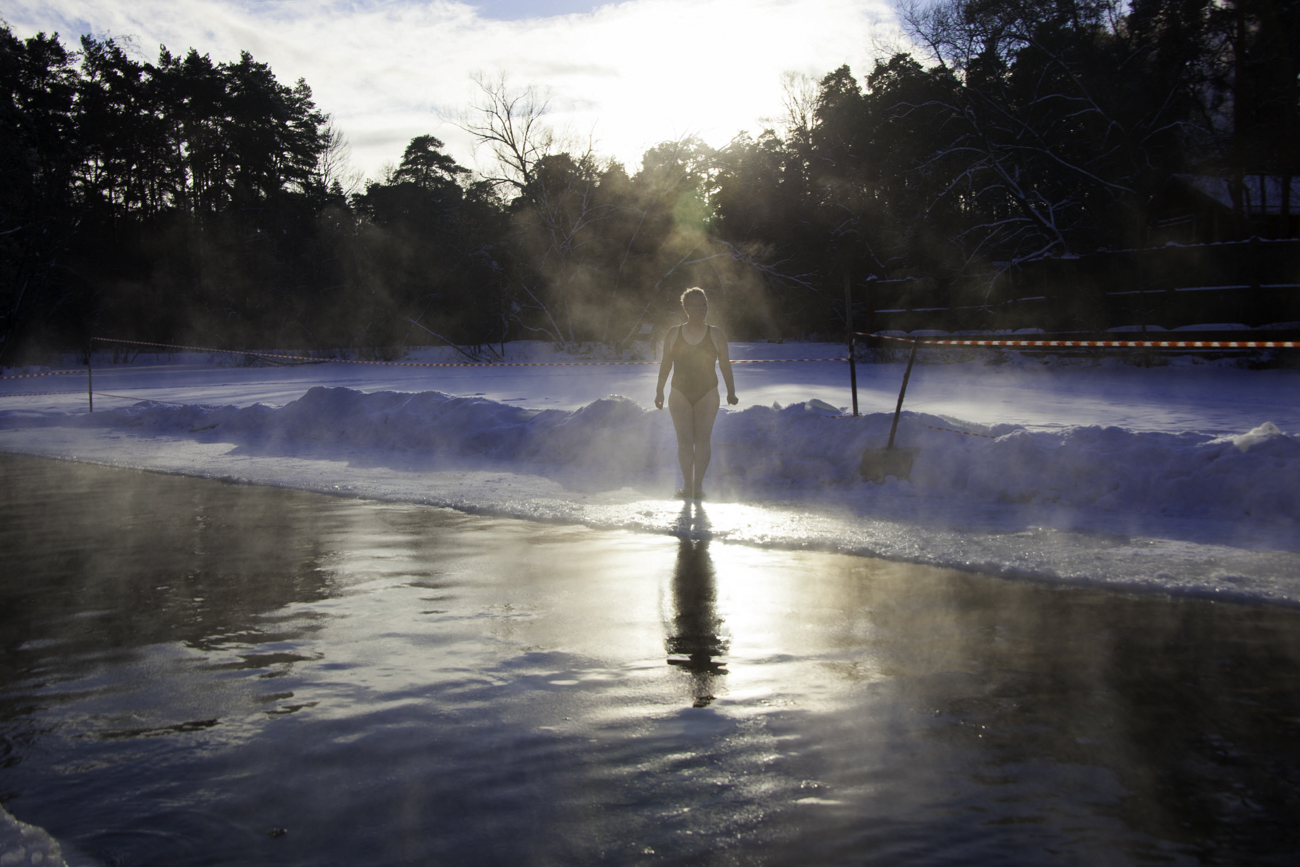
After immersion it is necessary to remove wet clothes, soak your feet and run around.
Ekaterina Talovskaya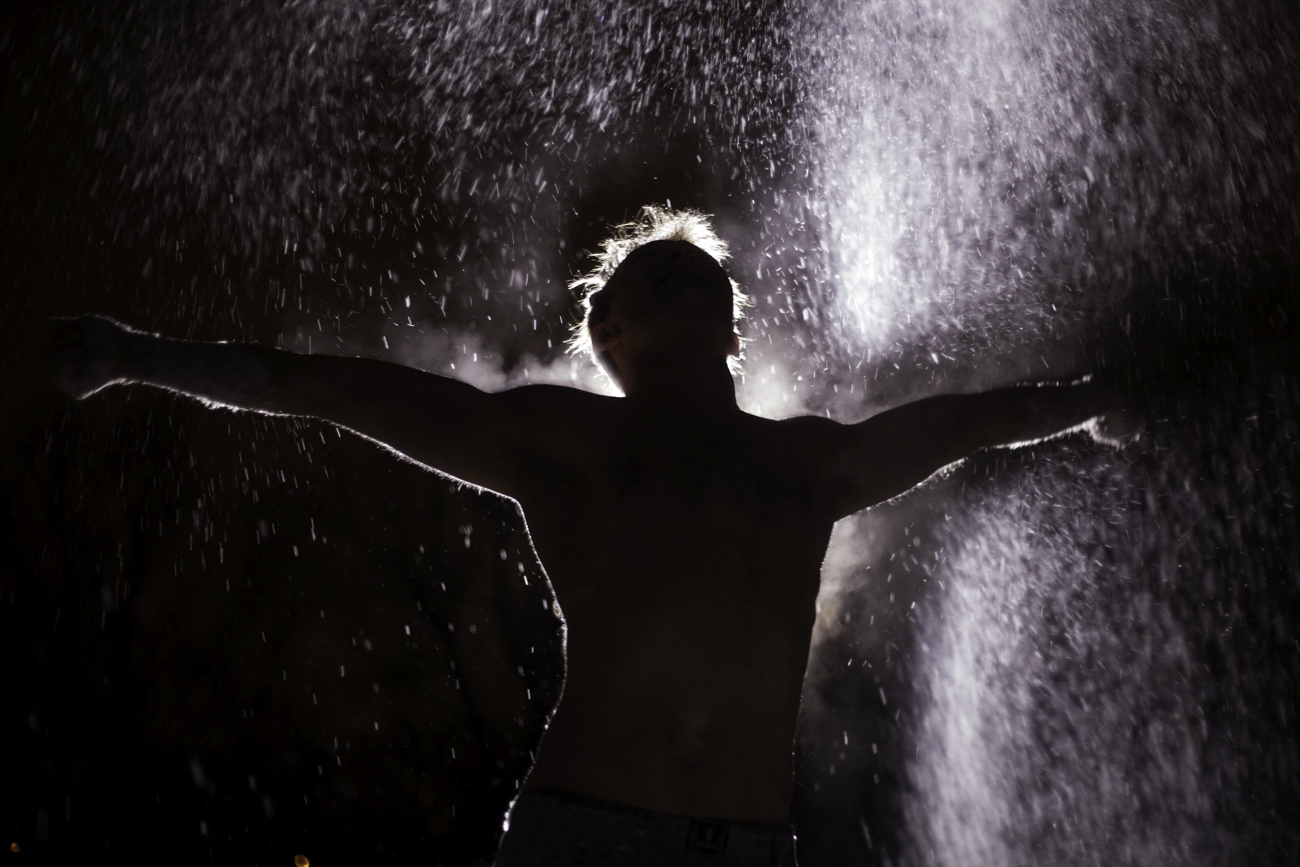
After immersion it is necessary to remove wet clothes, soak your feet and run around.
Ekaterina Talovskaya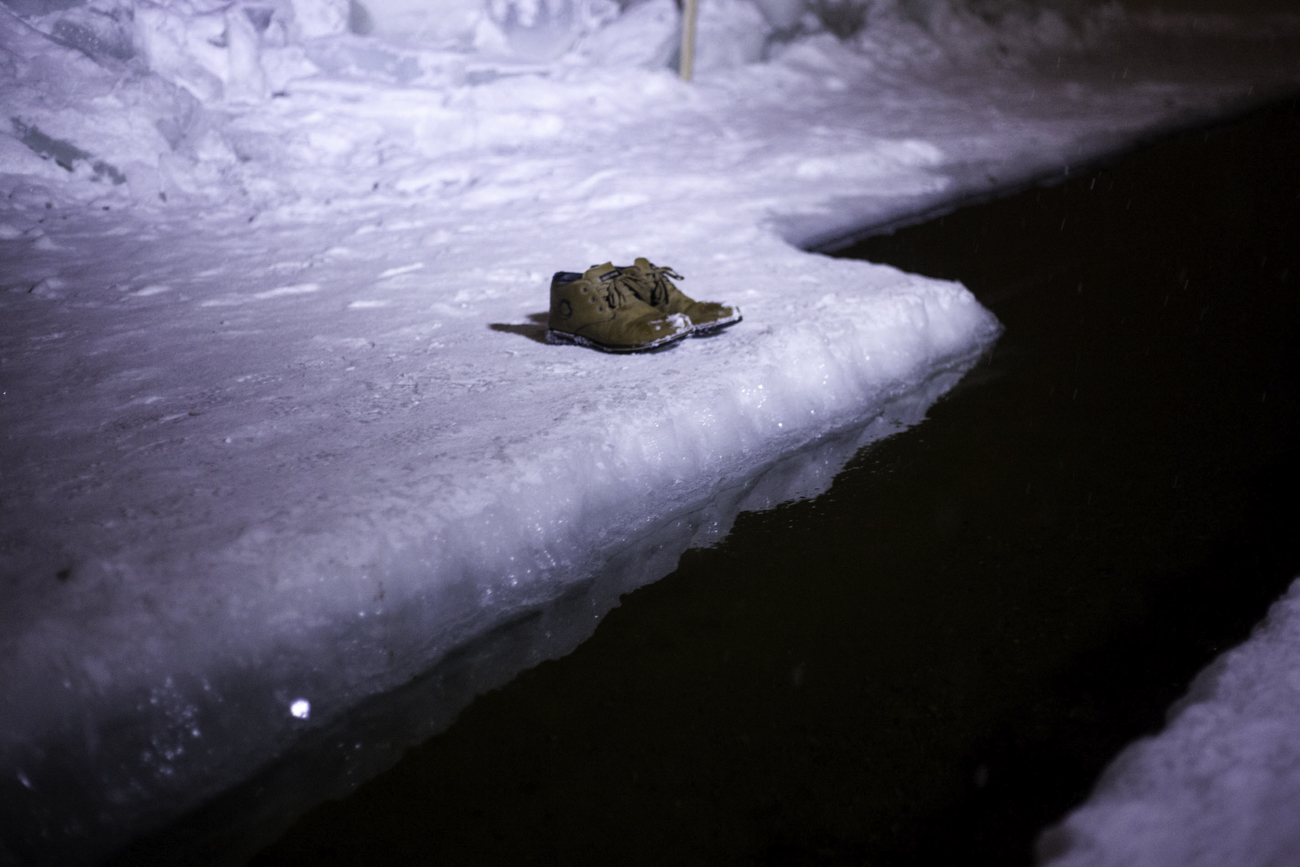
If using any of Russia Beyond's content, partly or in full, always provide an active hyperlink to the original material.
Subscribe
to our newsletter!
Get the week's best stories straight to your inbox